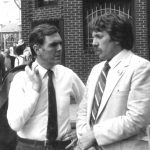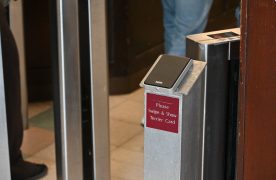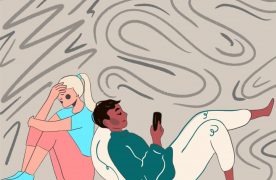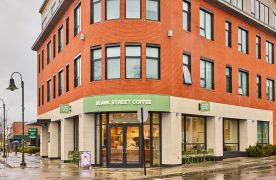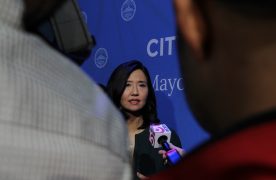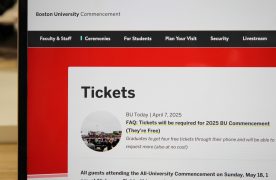The Supreme Court declined to hear a case that could have affirmed First Amendment protections for protest organizers from being held liable for the independent, violent actions of others.
The case, Mckesson v. Doe, was brought by a police officer against civil rights activist DeRay Mckesson after a 2016 Black Lives Matter protest in Baton Rouge, La., according to the American Civil Liberties Union. The officer claimed Mckesson should be liable for personal injuries the officer suffered after a different, unknown individual threw a “rock-like” object at him.
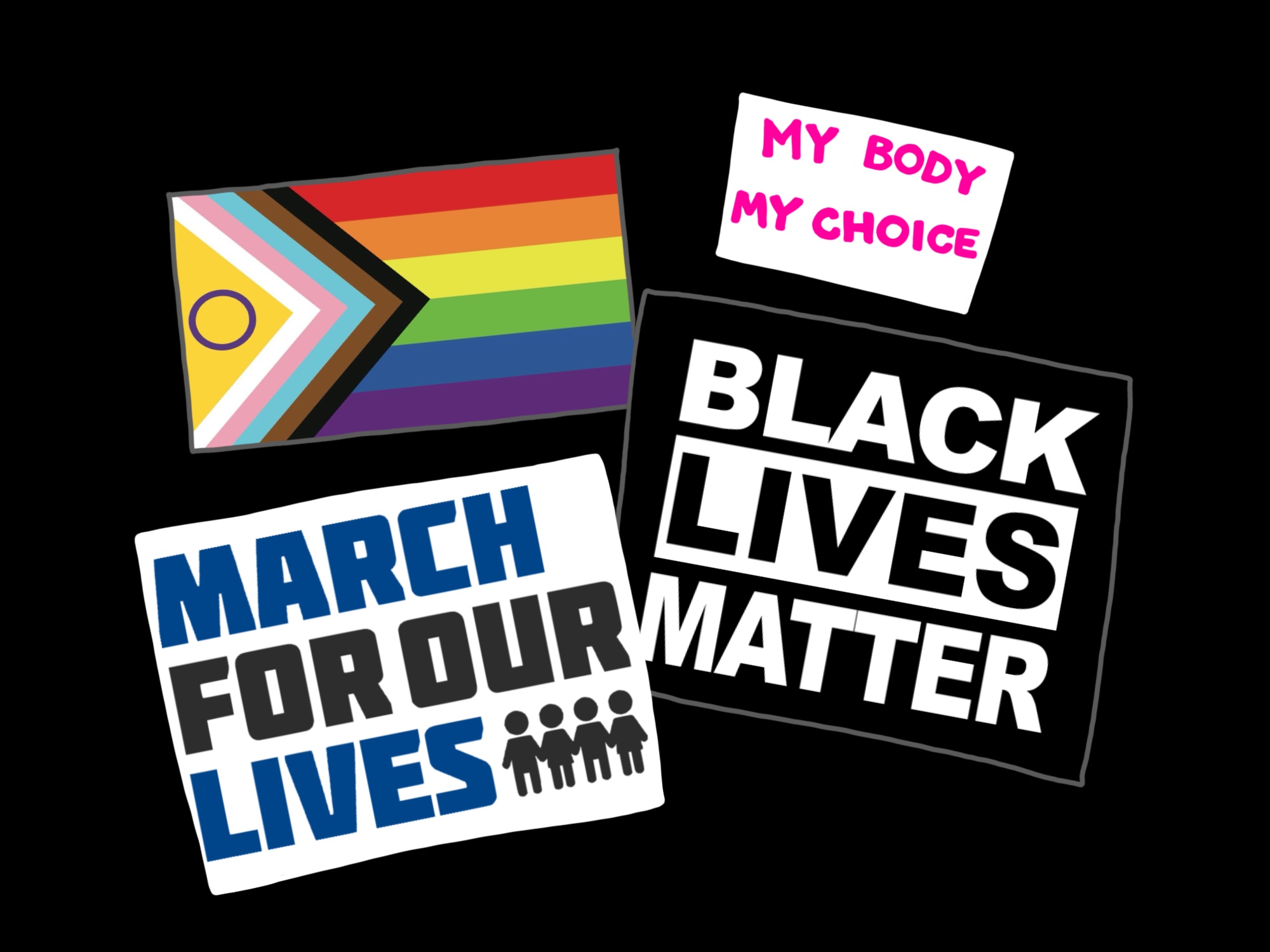
SCOTUS’s decision not to hear the case allowed the opinion by the Fifth Circuit to stand, which declared that a protest organizer could be liable for others’ actions. The Fifth Circuit covers three states — Louisiana, Mississippi and Texas.
SCOTUS also denied a petition for certiorari by the ACLU and co-counsel, which would have overturned the decision to prevent future confusion of precedent in similar cases.
The Supreme Court made a huge mistake. This is a case they should be hearing — and a decision they should overturn.
Protests organized peacefully should not face repercussions for the actions of independent disruptors who counteract the organizers’ intentions. If a protest organizer is wrongly condemned, it should be considered an abridgment of their First Amendment right to protest.
This is especially true for the BLM movement, whose demonstrations call for an end to systemic racism and police brutality in the United States.
For example, following the murder of George Floyd by police officer Derek Chauvin, BLM protesters took to the streets to condemn police brutality against Black people. The demonstrations peaked on June 6 of that year, with around half a million protesters in nearly 550 places across the country taking part.
These protests were peaceful — the Armed Conflict Location & Event Data Project found that an “overwhelming majority” of BLM demonstrations were peaceful — 94%. The remaining 6% involved reports of destructive activities and violence such as clashes with police, vandalism or looting.
However, the ACLED also found that of this 6%, it was unclear who instigated these violent or destructive activities.
“While some cases of violence or looting have been provoked by demonstrators, other events have escalated as a result of aggressive police action, intervention from right-wing armed groups and individual car-ramming attacks,” the ACLED wrote.
Meanwhile, BLM protesters received criticism and completely abhorrent treatment and acknowledgment from government leaders. Take September 2020, when former President Donald Trump called BLM protesters “anarchists” and “thugs” in a post to X.
The blatantly incorrect narrative presented by right-wing leaders against BLM in 2020 aside, in the context of the Mckesson v. Doe ruling, BLM protest organizers could face charges for the violent actions of non-BLM actors at their demonstrations.
Even worse, they could face repercussions for the actions of right-wing groups, who aimed to disrupt and oppose BLM and who support exactly the opposite of the change BLM fights for.
That would be a shame, and it would say a lot about “how far we’ve come” as a country on the issue of race.
The Supreme Court, if possible, needs to reconsider its choice not to hear the case of Mckesson v. Doe. They must put a foot down and protect the First Amendment right to protest, especially for peaceful organizers.
Protests are the lifeblood of change. From BLM to movements like Women’s March, Stonewall and March For Our Lives, protests have been a marker for civil rights and progress throughout U.S. history. Allowing organizers to take the fall for disruptors acting against the interest of their movements is a disgrace.
It’s such a disgrace that it may prompt a protest of its own, especially should the right group be wrongfully impacted by the unfortunate precedent set.




